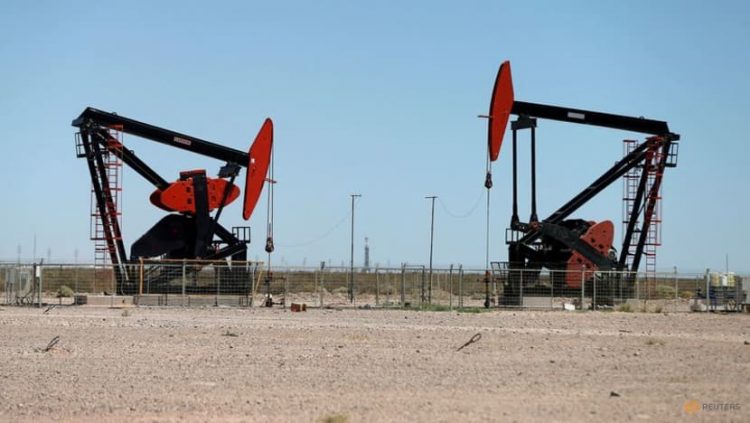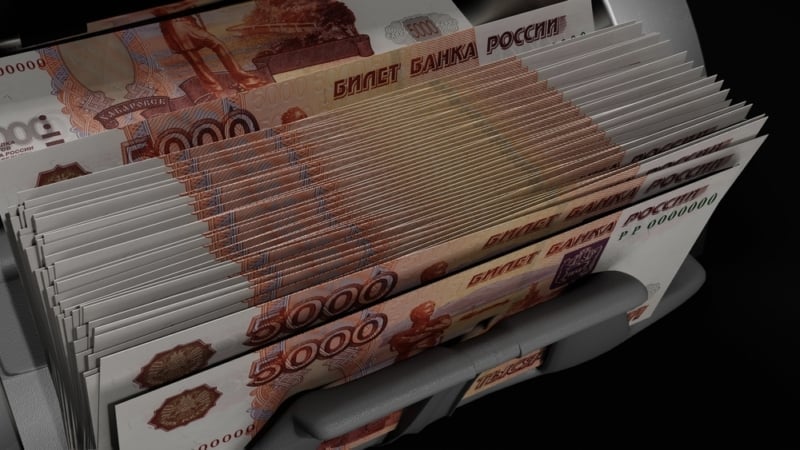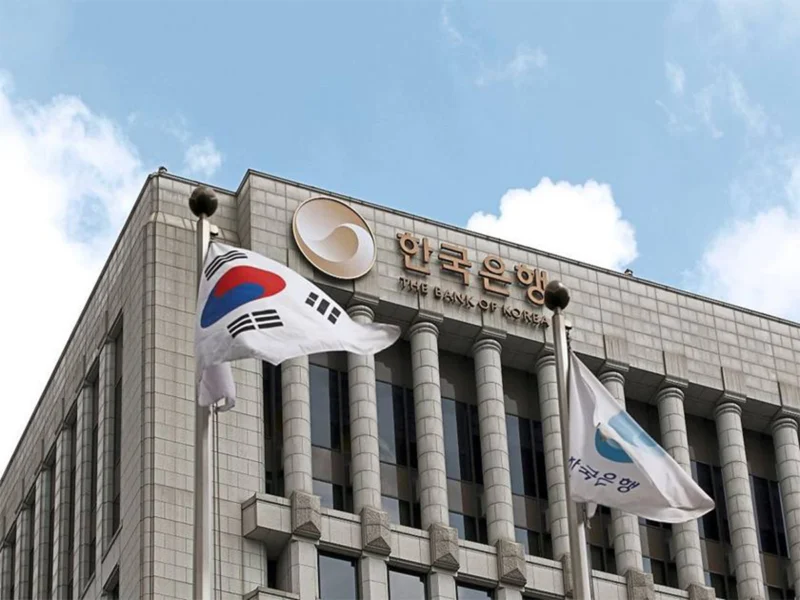Publisher: Maaal International Media Company
License: 465734
Oil Holds Four-Day Drop as US Exports Add to Oversupply Concerns
Oil steadied after a four-day drop as a flood of US exports and doubts over whether OPEC+ will be able to deliver on its planned production cuts raised concerns of oversupply, Bloomberg reporetd.
Global benchmark Brent traded above $77 a barrel after slumping by more than 7% over the previous four sessions, while West Texas Intermediate was close to $72. American crude shipments are nearing a record 6 million barrels a day, according to estimates from ship-tracking firms.
Crude’s decline since the Organization of Petroleum Exporting Countries and its allies announced deeper output cuts on Thursday shows the market is sceptical over the extent to which the voluntary reductions will be adhered to. Futures have dropped by almost a quarter from a peak in late September on concern that increased production from outside the group will outstrip demand growth.
اقرأ المزيد
Reflecting the weakness, Saudi Arabia reduced its official selling prices to Asia by the most since February. Still, the cuts were less than expected, which could see some Asian crude buyers turning elsewhere for their supply as they consider taking fewer shipments from the kingdom for January.
“Crude has been oversold,” said Vandana Hari, founder of Vanda Insights in Singapore. “It’s hard to imagine it’s still reeling from the shock of the OPEC+ decision,” she said, adding that thin liquidity is likely exacerbating price moves.
In another sign of healthy supply, the American Petroleum Institute said inventories both across the US and at the Cushing, Oklahoma, storage hub rose last week, according to people familiar with the figures. Official data is due later Wednesday.
Russia’s Deputy Prime Minister Alexander Novak said OPEC+ could take further measures if last week’s agreement isn’t enough to balance the market. Novak spoke a day before he is set to join President Vladimir Putin on a visit to the United Arab Emirates and Saudi Arabia.
Venezuelan President Nicolas Maduro, meanwhile, ordered the nation’s oil and mineral state companies to start granting licenses for deposits in the area disputed with Guyana known as Essequibo, and also told foreign oil companies to withdraw from the region. That may escalate tensions with the US, which lifted curbs on Venezuela’s oil sector in October.








